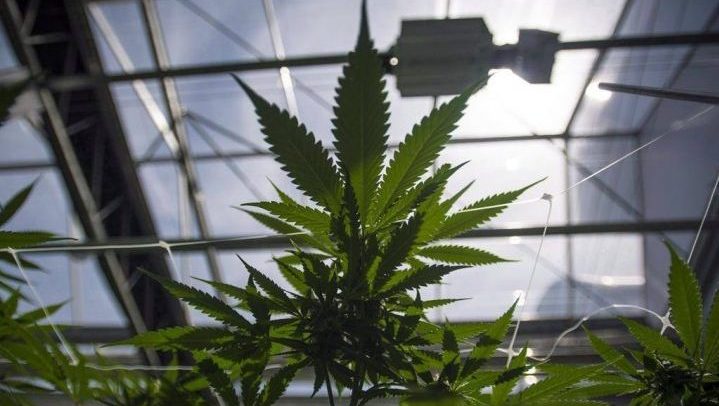The Saskatchewan Urban Municipalities Association (SUMA) is once again calling on the province to receive a portion of cannabis excise revenue.

This comes after the province announced the move to an open-market system for retail permits on Tuesday.
“Saskatchewan’s hometowns are on the front lines of cannabis legalization, responsible for developing and enforcing rules around cannabis production, sales, and consumption,” said Gordon Barnhart, SUMA president.
“An open-market retail system places further responsibility on Saskatchewan’s hometowns, responsibility that the provincial government has failed to recognize with a share of cannabis excise tax revenues.”
The province receives 75 per cent of cannabis excise tax revenue, instead of 50 per cent, which they originally anticipated, SUMA said.
According to SUMA, the 2018 federal budget “recognized that additional tax revenues provided to provinces and territories was to be transferred to municipalities and local communities.”
SUMA said Finance Minister Bill Morneau reiterated that point to them and that the “federal government was willing to accept a smaller share of cannabis tax revenues to ensure that provinces and territories would have additional funds to provide to municipalities and local communities.”
“Saskatchewan’s hometowns value a respectful, government-to-government relationship between provincial and local governments,” Barnhart said.
- Canadian man dies during Texas Ironman event. His widow wants answers as to why
- ‘Shock and disbelief’ after Manitoba school trustee’s Indigenous comments
- Several baby products have been recalled by Health Canada. Here’s the list
- ‘Sciatica was gone’: hospital performs robot-assisted spinal surgery in Canadian first
“Providing a share of cannabis excise tax revenues honours that relationship and acknowledges the responsibilities hometowns have in legalization.”
The province responded in a statement.
Our Government continues to be committed to strong support for municipalities, through Municipal Revenue Sharing and funding through grants for infrastructure and other programs.
Across all ministries, including revenue sharing, infrastructure and other grants, provincial support to municipalities is forecast to be $437.1 million in 2019-20, an increase of $25.4 million or 6.2 per cent from last year.
Through this formula our Government shares provincial revenue with municipalities, providing unconditional funding. Creating one-off agreements would not be as effective and would seem counter to the stable and predictable Municipal Revenue Sharing formula the Province and municipalities have worked to achieve. PST from cannabis will be shared, through the formula, with municipalities.
Our Government provides Municipal Revenue Sharing to all municipalities in Saskatchewan, with a formula based on the revenue generated by three quarters of one percentage point of PST. Municipal Revenue Sharing is resulting in a $10.5 million increase compared to last year – with $251.6 million going this fiscal year to Saskatchewan’s rural, urban and northern municipalities. The total represents an increase of $124.3 million, almost 98 per cent, since 2007-08.




Comments